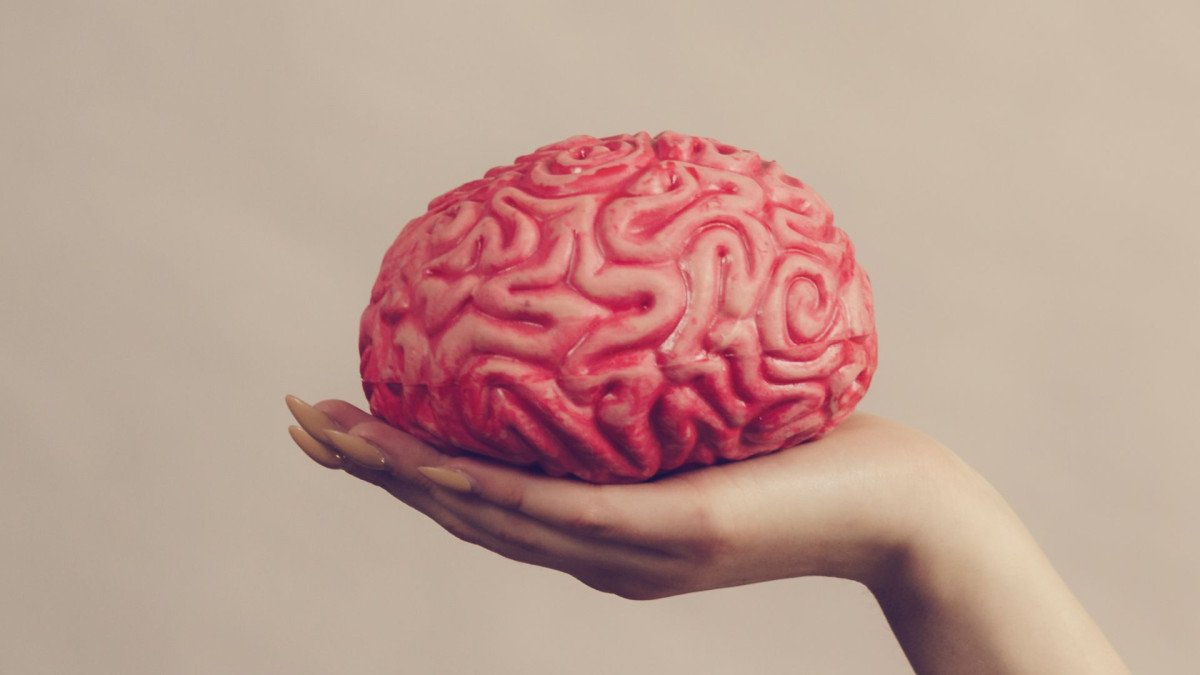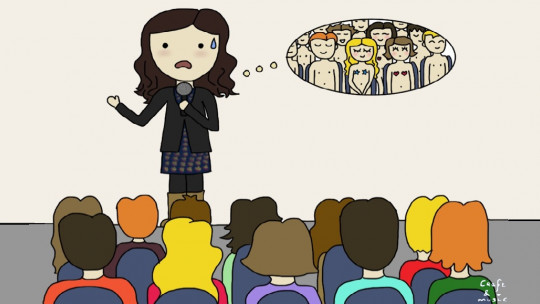
Who has not at some point felt that sweat in their hands due to the feeling of fear or insecurity at the thought of not being able to measure up in a public presentation, an exam, an interview, an important conversation or before a new work project or staff?
We would say that this circumstance is a fact inherent to the personal development of the human being. Generally, We do not usually feel safe when faced with a new activity, a new project, a new place, and even a new relationship.
Our instinct for self-protection against threat, which has helped us evolve, is sending us signals. One of them is a certain level of discomfort and mental restlessness (it can have several levels) that, if we want to overcome, we will have to manage.
It is known that a change (even if it is positive and small), in some way, is a threat to our established habits, our beliefs and our mental system. Thinking and doing something new, different, is a waste of energy that our brain tends to avoid. “If you want to achieve different results, think and do different things“, Stephen Covey.
The cognitive economy
Neuroscience has shown that the human brain has a natural tendency to conserve energy and minimize mental effort whenever possible. This trend is known as “cognitive economics.” The brain is designed to seek efficiency and prioritize the conservation of resources, including energy.
When faced with the possibility of thinking and doing something new or different, the brain often activates an automatic resistance response and prefers to fall back on familiar and established patterns of thinking and behavior, as they require less mental effort. These patterns, known as “routine brain systems,” are associated with activities that we have already mastered and automated.
However, when we venture out to think and do something new, such as learning a skill or taking another approach to a situation, we challenge these established patterns. This may require more mental energy and effort, as it involves forming new neural connections and adjusting the way we think and act.
However, it is important to note that although the brain tends to prefer familiarity and comfort, it is also incredibly adaptable and malleable. Through repeated practice and gradual exposure to new experiences, we can learn to be more flexible and open to novelty.

What does self-confidence have to do with all this?
When someone has high self-confidence, they tend to face challenges with more calm and resilience, and their social and professional interactions are greater and of higher quality. The reasons why you may feel this lack of confidence are very diverse. They range from a self-concept to be reviewed, from internalized negative messages from past experiences, from fear of failure or from excessive perfectionism.
These circumstances can lead to unrealistic standards and a constant feeling of inadequacy. Now we are going to review the circumstances in which you may feel insecure, and which are nothing more than opportunities for personal growth through trial and error and learning.
“Believe in yourself. You are braver than you believe, more talented than you know, and capable of more than you imagine.”, Roy T. Bennett.

Self-confidence can be worked on with tangible results
By setting achievable goals and working diligently to achieve them, one begins to accumulate concrete evidence of one’s ability and competence. Every success, no matter how small, reinforces our self-confidence and provides us with a solid foundation to face future challenges. Additionally, by learning from mistakes and overcoming obstacles, you develop greater resilience and determination, which further contributes to self-confidence. Keys to working on self-confidence:
“Failure brings experience, and experience is the basis of success“, Leo Tolstoy. In short, If we decide to invite fear as an everyday passenger on our journey, at first we will be able to see it sitting there, in the front row, with a certain suspicion, and, little by little, we will see it from the rearview mirror, there in the distance, with diffuse features, more harmless …
Facing actions with a little fear is more advisable than not facing them, and it is a brave decision that will lead us to open the doors to learning and mastering the subject, and to create a positive cycle that boosts personal confidence and allows us to face new situations with confidence and determination.









